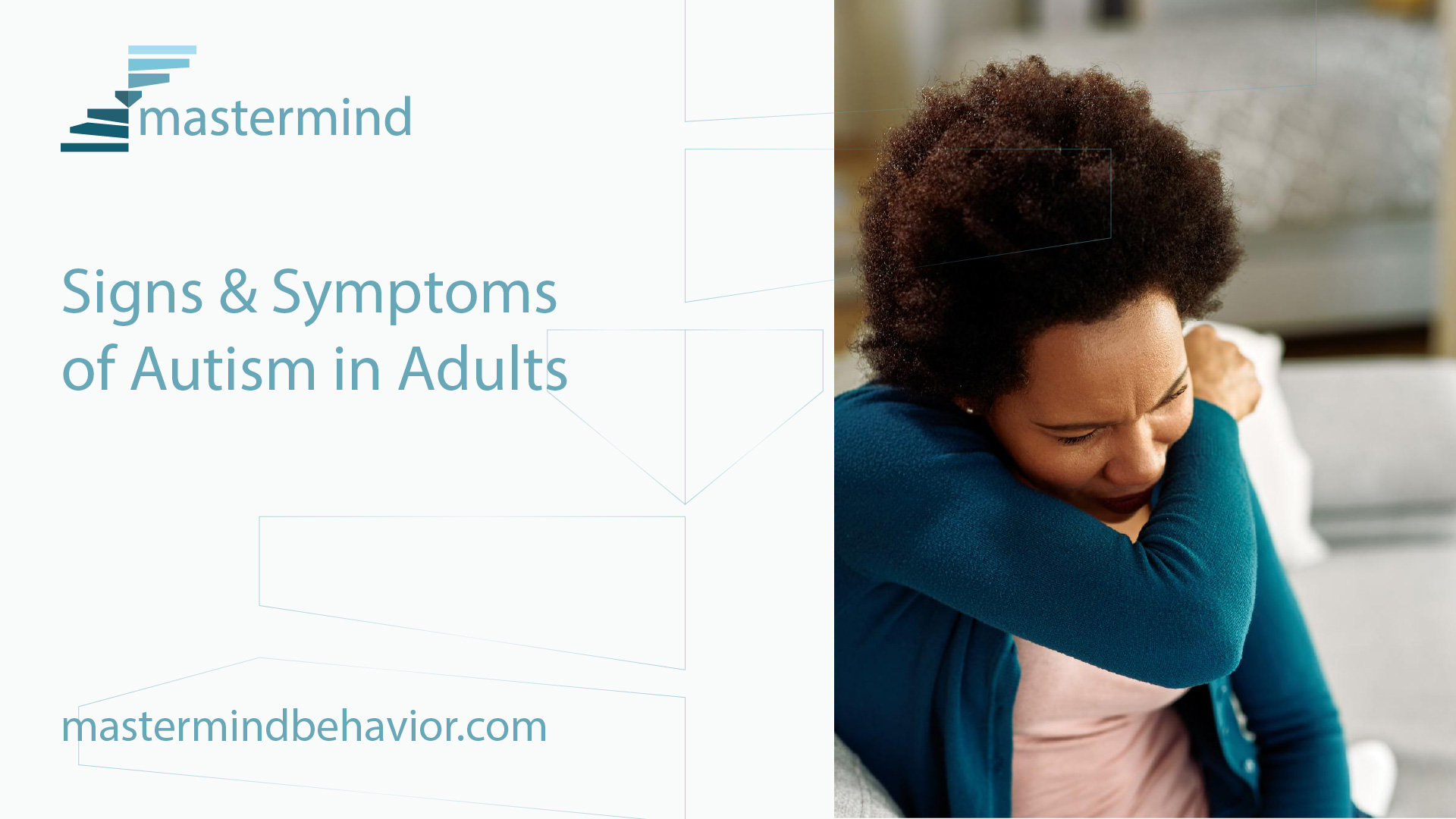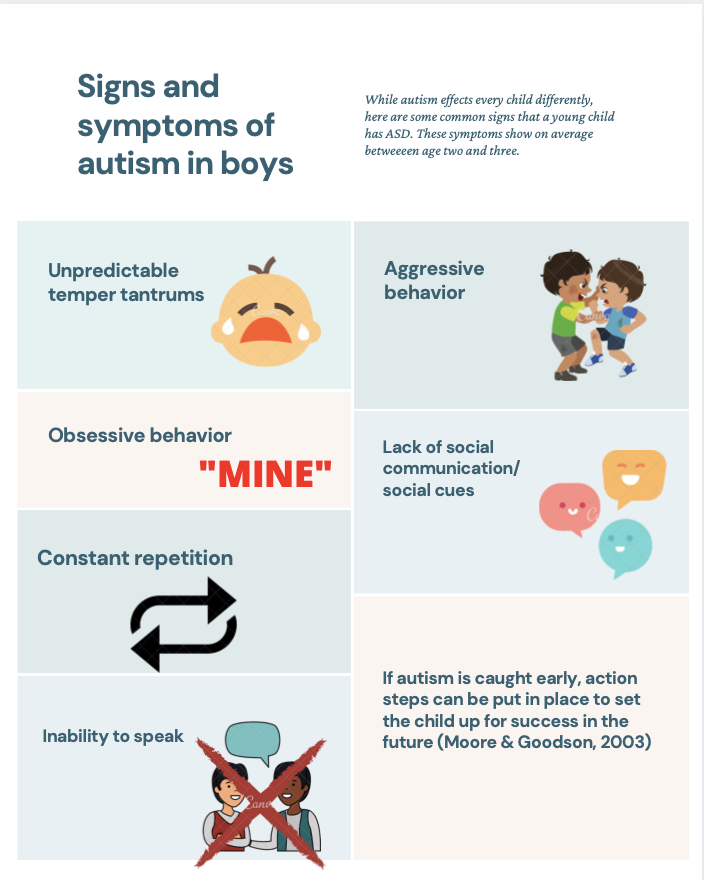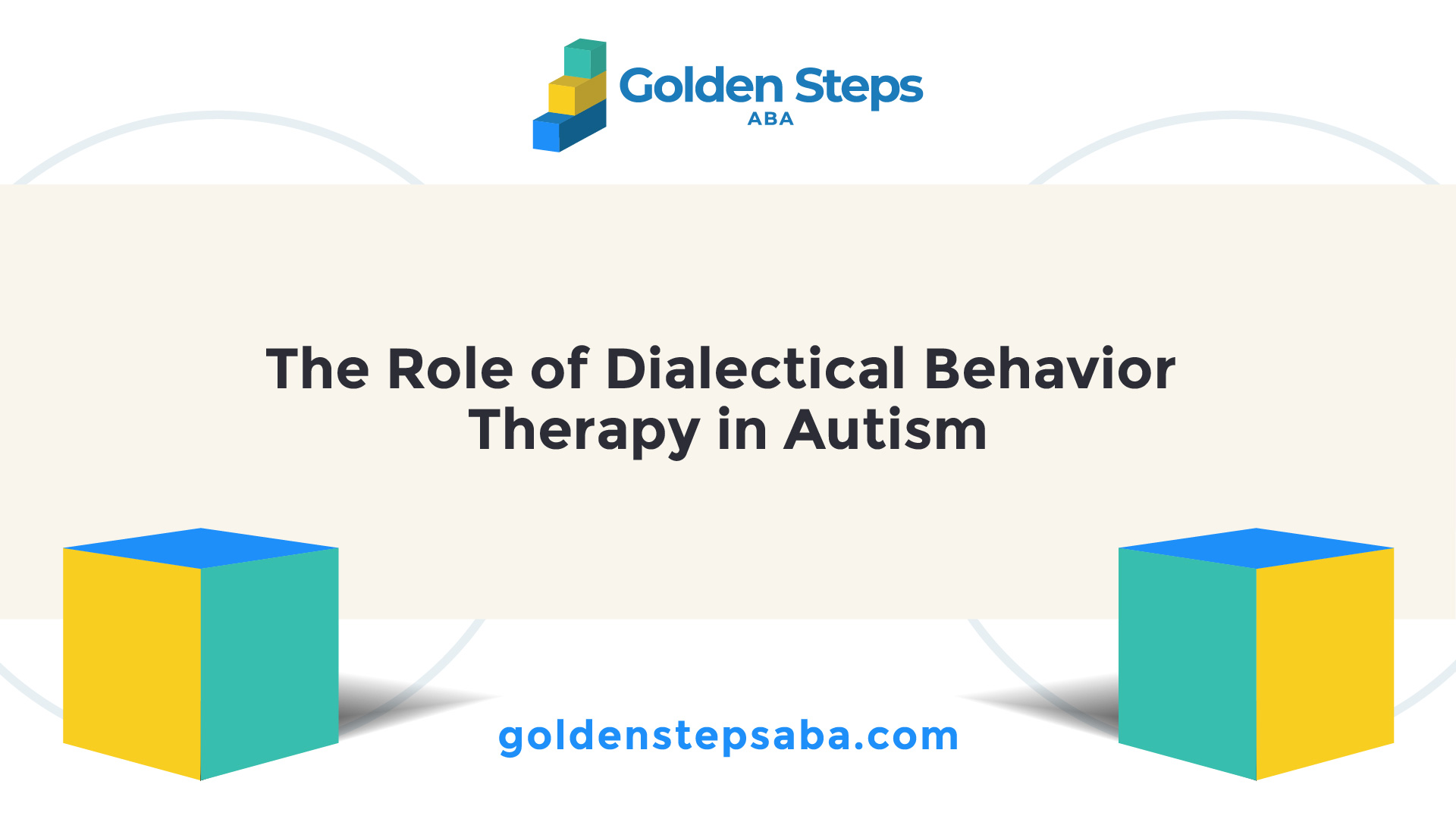7 Key techniques an Autism Spectrum Therapies provider can support with daily interaction challenges
7 Key techniques an Autism Spectrum Therapies provider can support with daily interaction challenges
Blog Article
Recognizing the Impact of Behavioral Autism on Daily Life and Social Interactions
You might not recognize exactly how deeply behavioral autism impacts life and social interactions. Individuals on the range often browse a globe loaded with interaction difficulties and sensory overload. These obstacles can result in stress and seclusion, influencing their partnerships and total wellness. Recognizing these subtleties is important for cultivating supportive atmospheres. What strategies can we execute to create more meaningful links and inclusive spaces? The answers could shock you.
Defining Behavior Autism and Its Features
Behavior autism, typically referred to as autism range disorder (ASD), encompasses a variety of problems characterized by obstacles in social communication, interaction, and repeated behaviors. You may discover that people with ASD usually have a hard time to interpret social signs, which can result in misunderstandings in discussions. They may find it tough to develop eye contact or involve in little talk, making social situations really feel frustrating.
Interaction problems can manifest in different methods, from postponed speech development to a choice for utilizing fewer words. By acknowledging these qualities, you can foster an atmosphere that advertises acceptance and urges reliable interaction, assisting individuals with autism thrive in their day-to-day interactions.
The Spectrum of Autism: Comprehending Variability in Behavior
Autism range disorder (ASD) isn't a one-size-fits-all diagnosis; it differs extensively among individuals. You might notice that some people with ASD exhibit moderate symptoms, while others might deal with more significant obstacles. This variability can manifest in habits, passions, and sensory sensitivities. You may run into individuals who are very spoken and engage quickly in conversations, while others might prefer solitary tasks or communicate non-verbally.
Moreover, the method individuals with ASD react to sensory input can vary considerably; some could be bewildered by loud sounds or bright lights, whereas others prosper in promoting settings. The spectrum additionally consists of differences in social interactions; some individuals may have a hard time to analyze social hints, while others navigate social setups with relative simplicity. Understanding this variability is crucial, as it aids you appreciate each person's special experience and tailor assistance to their details demands, cultivating a more inclusive environment for every person.
Communication Difficulties Faced by Individuals With Autism
When you interact with people on the autism spectrum, you might discover their distinct communication obstacles. They often face problems with both verbal and nonverbal signs, which can impact their social communications. Recognizing these obstacles is necessary for promoting far better connections and assistance.

Verbal Communication Difficulties
Lots of people on the autism spectrum experience spoken interaction troubles that can significantly influence their daily communications. You might discover it testing to express your thoughts, feelings, or requires plainly. This can result in frustration for both you and those around you, as misconceptions take place. You may deal with starting discussions, maintaining a subject, or recognizing nuances in speech. Usually, you could favor utilizing easy language or repetitive expressions, which can limit your capacity to take part in deeper conversations. Your volume, tone, or rate might not line up with social expectations, triggering others to misunderstand your purposes. Acknowledging these obstacles can help you and your assistance network create strategies to improve interaction and foster much better connections with others in your every day life.
Nonverbal Communication Obstacles
Verbal interaction isn't the only challenge people on the autism spectrum face; nonverbal interaction obstacles can be just as considerable. These challenges can lead to misunderstandings or false impressions of social signs, making interactions feel complex or overwhelming. By resolving nonverbal communication, you can find strategies to enhance your social experiences and improve your overall high quality of life.
Social Communication Effects
Social communications can typically feel frustrating as a result of the special interaction difficulties encountered by people with autism. You might battle with translating social signs, making it tough to comprehend mockery or body movement. This can cause misconceptions or awkward minutes in discussions. In addition, initiating and maintaining conversations may feel tough, causing stress and anxiety in social situations. You might prefer structured environments, making spontaneous interactions uneasy. It's also common to experience problem in involving in small talk, which can hinder developing brand-new read the full info here relationships. Identifying these difficulties can aid you locate methods to improve communication, such as practicing social abilities in secure settings or making use of visual help - Aba Therapist Near Me. Understanding your needs enables you to browse social interactions with better self-confidence and simplicity.
Social Communication and Connection Structure in Autism
While structure connections can be testing for individuals with autism, recognizing their one-of-a-kind viewpoints and communication designs can foster purposeful connections. You could observe that numerous individuals on the range prefer straight interaction and may battle with social cues or tiny talk. By being straightforward in your communications, you can assist develop an atmosphere where they feel comfy.
Make the effort to observe and listen exactly how they express themselves. This insight can assist you in steering discussions better. Engaging in shared passions can likewise function as a bridge to much deeper links. Whether it's a pastime, a favorite show, or a common enthusiasm, these typical threads can open up doors to relationship.
Daily Life Routine: Navigating Challenges and Methods
Maneuvering daily life routines can be specifically testing for people with autism, particularly when unforeseen modifications occur. To browse these obstacles, think about executing aesthetic timetables or checklists.
Establishing a regimen that consists of sensory breaks can additionally be beneficial. You can intend time-outs throughout your day to recharge. It's vital to communicate with those around you, letting them recognize your choices and requirements. This aids produce an understanding environment.
Lastly, technique mindfulness techniques to take care of stress and anxiety and stress and anxiety. Simple breathing workouts or basing techniques can make a substantial distinction. By including these strategies, you can boost your everyday regimen and reduce disruptions, making life feel a lot more convenient.
Staminas and Capacities of Individuals on the Autism Spectrum
Recognizing day-to-day live regimens is simply one element of the autism experience. Many people on the autism spectrum possess remarkable staminas and capacities that set them apart. You could find that your focus to detail is outstanding, enabling you to succeed in jobs that require accuracy and emphasis. Your ability to believe outside package can bring about innovative options in numerous situations.
In addition, your memory abilities typically radiate, specifically in locations of passion. Autism Therapist. This knack for keeping info can make you a valuable resource in fields like technology, art, or science. You might also exhibit strong visual thinking, enabling you to envision intricate ideas and fix troubles creatively
Additionally, your one-of-a-kind perspective on the globe can cultivate empathy and understanding in others, enhancing social interactions. Welcoming these toughness not just enhances your self-confidence however likewise assists others appreciate the diverse skills you give the table.
Developing Comprehensive Environments for People With Autism
Creating comprehensive atmospheres for individuals with autism begins with making sensory-friendly rooms that satisfy their unique demands. You can additionally cultivate chances for social interaction, assisting to build connections and friendships. By making these modifications, you'll add to an extra welcoming atmosphere for everyone.
Creating Sensory-Friendly Spaces
While making sensory-friendly areas, it's vital to review the distinct demands of individuals with autism. Beginning by choosing relaxing colors and soft lights to create a soothing atmosphere. Incorporate peaceful areas where individuals can pull away and charge when bewildered. You'll intend to minimize loud sounds and disturbances, making use of soundproof materials or white sound devices to help preserve tranquility. Think about responsive elements like soft textiles or fidget-friendly objects that can give have a peek here comfort. Determine that spaces are adaptable, permitting easy rearrangement to fit various tasks. Include visual schedules or clear signage to assist people Source browse the space with confidence. By thoughtfully incorporating these components, you can create an inviting ambience that supports sensory needs and advertises overall health.
Advertising Social Communication Opportunities
Creating sensory-friendly spaces not only addresses individual convenience however also establishes the stage for meaningful social communications amongst people with autism. Encourage peer mentoring, coupling people with autism with supportive peers that can guide them with social situations. By executing these approaches, you can enhance social chances, assisting individuals with autism build relationships and enhance their social abilities in a safe, welcoming environment.

Often Asked Concerns
How Can Pals Support Someone With Behavioral Autism?
You can support a close friend with behavior autism by holding your horses, paying attention proactively, and appreciating their boundaries. Participate in activities they enjoy, communicate freely, and develop a comfortable setting where they really feel valued and understood.
What Resources Are Available for Parents of Children With Autism?
You can explore various resources for moms and dads of youngsters with autism, including support teams, educational internet sites, and neighborhood area solutions. Getting in touch with other moms and dads can likewise give important understandings and shared experiences to assist browse difficulties.
Can Behavioral Autism Adjustment In Time?

Yes, behavioral autism can change with time. You could discover changes in interaction, social skills, and actions as your child expands. Early intervention and assistance usually play essential functions in these developmental adjustments.
Exactly How Do Sensory Sensitivities Impact Day-to-day Live?
Sensory level of sensitivities can make day-to-day experiences overwhelming. You might have problem with bright lights or loud noises, bring about stress or avoidance. Finding settings that fit your needs can significantly improve your comfort and overall life.
What Prevail Misconceptions Concerning Behavioral Autism?
You might believe behavior autism just affects interaction skills, but it's more complex. Several presume people do not have compassion or intelligence, which isn't true. Comprehending these false impressions assists foster acceptance and support for those on the spectrum.
Behavioral autism, often referred to as autism range problem (ASD), encompasses a range of problems characterized by difficulties in social communication, interaction, and recurring habits.Social communications can typically really feel frustrating due to the distinct interaction challenges faced by individuals with autism.Creating sensory-friendly rooms not just addresses specific convenience however also establishes the phase for meaningful social communications among people with autism. Encourage peer mentoring, pairing people with autism with supportive peers that can lead them through social scenarios. By executing these techniques, you can boost social chances, assisting individuals with autism construct friendships and strengthen their social skills in a risk-free, inviting environment.
Report this page